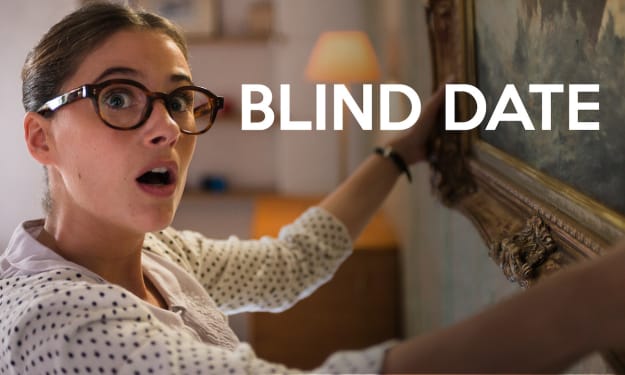Embracing Reality
They show us what we want.

Everyone is wise after the event. Of course, there will always be the few who claim to have known that something was wrong or would end badly if the circumstances did not change. An observer can always feign wisdom, whilst remaining unaffected.
Reality television is the modern equivalent of a gladiatorial arena. It has an audience baying for entertainment, the more outlandish, the better. Those who participate, the successful ones, understand that their life will end, in some form, within that arena. The lucky ones, mostly those who were early to the reality party, just get forgotten, a name for a pub quiz, ever to suffer the question; "didn’t you used to....?”
Though they might be long forgotten, both the gladiators and the fleeting television stars, reality entertainment remains. It is a guilty pleasure, even an actual pleasure, to watch people make fools of themselves, over-emotes and, if truth be told, destroy themselves, for our entertainment.
There are many who view reality television with disdain, seeing it as an inferior product, adding nothing to society or art. Whilst this might be true, what makes reality television so compelling and addictive is the thought of watching others make decisions that you feel you yourself would never make. It makes one feel a little smug, superior of intelligence. There is also the voyeur in all of us that wants to know about the minute of lives different from our own.

A better class of people you'll not find..!
The Jeremy Kyle Show was cancelled this week after fourteen years on television. It was dropped due to a former guest, Steve Dymond, committing suicide a week after being subjected to a lie detector test on the show. The episode, which never aired, was about infidelity. On the show, Dymond was given a lie detector test, a common occurrence on the show when tackling this sort of subject matter, and the results were not favourable. A week after the taping of the show, Dymond committed suicide.
For those who do not know the show, it was one of the many shows influenced by the original show to expose the lower working classes and their ilk to the masses, The Jerry Springer Show. Springer’s show, aired from 1991 to 2018, was akin to a staged wrestling match, with guests regularly coming to blows during the tapings. Springer always seemed mildly amused by the proceedings unfolding in front of him, generally watching on in bemusement as the guests' tempers flared and situations escalated.
Kyle, by contrast, seemed to view his guest with barely concealed disgust. Snarling and goading them, he would regularly shout guests down. The show aims for the lowest common denominator and unfortunately hits it. When, as is always the risk with anything that pushes the boundaries, something goes wrong, as it did as a result of the Kyle show, people want an explanation and they want someone to blame.
The tabloid press, swiftly followed by the main press, jumped all over the Dymond tragedy. The connection to The Jeremy Kyle Show was just too juicy a story, too emotive a headline, to ignore. A man killed himself because of a reality show and everybody was suddenly up in arms. The show goes too far, they said, the guest needs to be better supported after the shows, the guest needs to be better screened, to be more prepared for television and/or fame.
Ministers make pronouncements denouncing the sensationalism of certain reality shows, the "exploitation" of those who cannot perhaps deal with the negative impact and scrutiny that can come from being suddenly well known. The column inches created from such a tragedy, bemoaning the acceptance of such shows and regurgitating the same faux sadness at the tragic loss of life when with, perhaps, a little forethought, it could be avoided.

Um, do I have to?
The truth is, especially these days, television simply exists to attract potential customers for the companies that advertise around the programmes. The Jeremy Kyle Show did not run on television for fourteen consecutive years because it was a high brow, fine quality product. It ran for so long because it attracted viewers, a lot of them.
As distasteful as the show was, people enjoyed it. They enjoyed watching people, many of whom were from the lower social classes, make buffoons of themselves and prove themselves to be no better than their standing in society suggested. Shows such as The Jerry Springer Show and The Jeremy Kyle Show exist only because the masses allow them to.
Television companies show what people want to see—that is a fact. There are a plethora of reality shows on television, not all as extreme as the likes of the aforementioned, but The Real Housewives series and the likes of Jersey Shore, and TOWIE and Made in Chelsea in the UK, the appetite for this type of television shows no sign of abating.
Just like a prisoner getting thrown into the gladiatorial arena all those centuries back for the entertainment of an audience divested of personal involvement, reality television allows us to watch, judge, and comment without compassion or consequence. Because of this, the tragedy of someone like Dymond is unlikely to be the last of its kind.
About the Creator
Q-ell Betton
I write stuff. A lot.






Comments
There are no comments for this story
Be the first to respond and start the conversation.